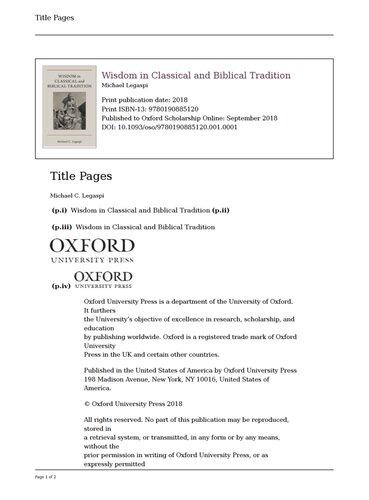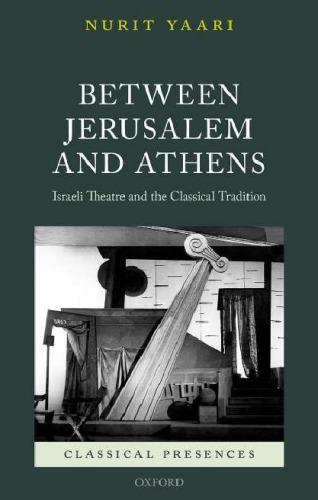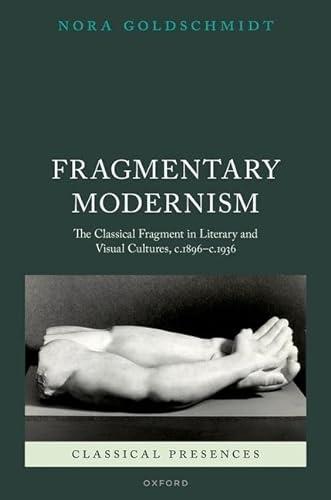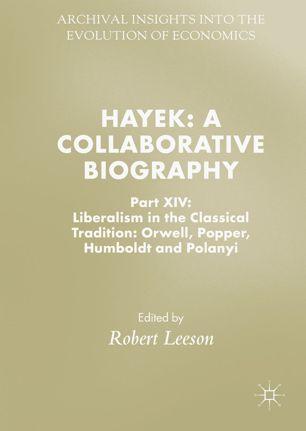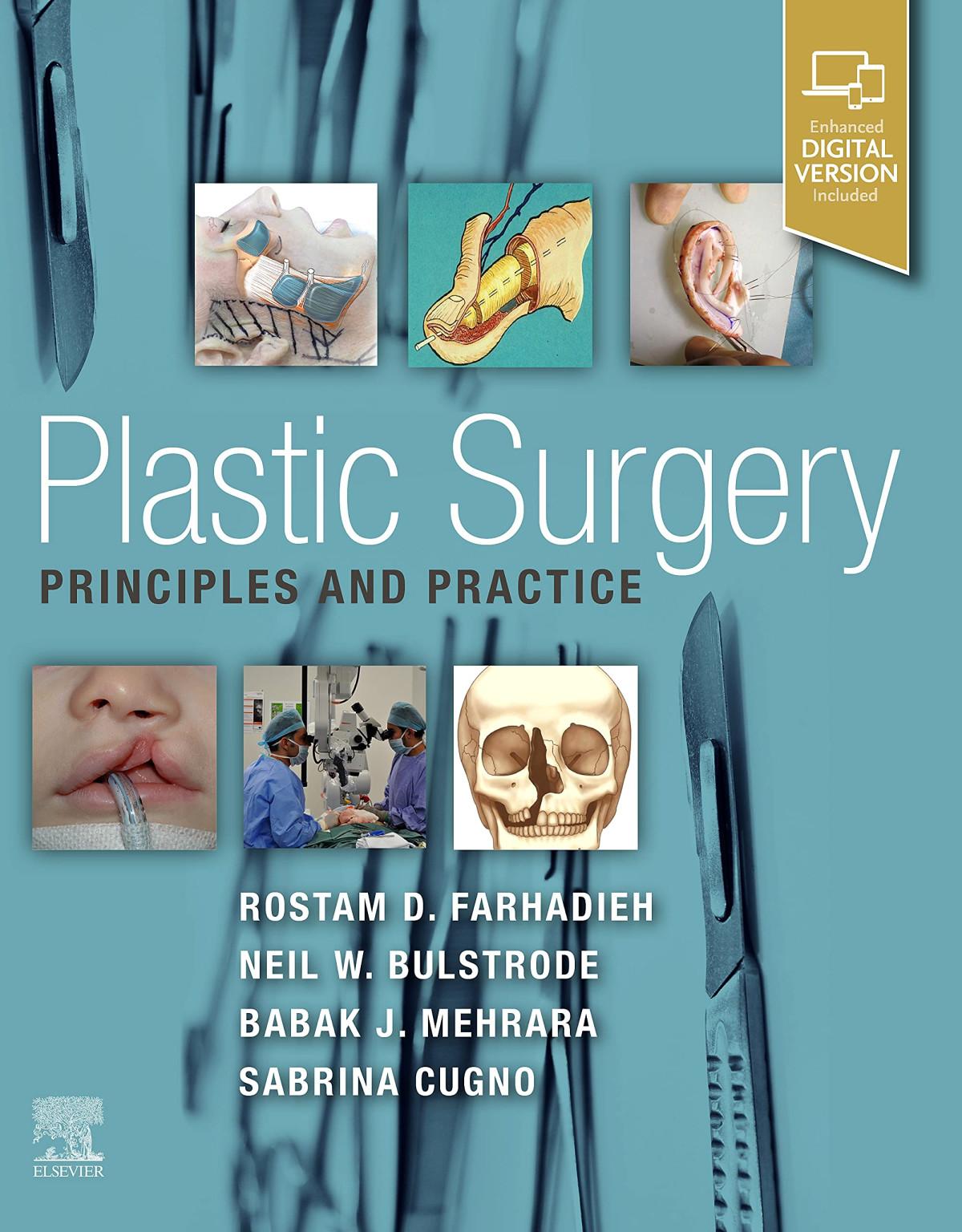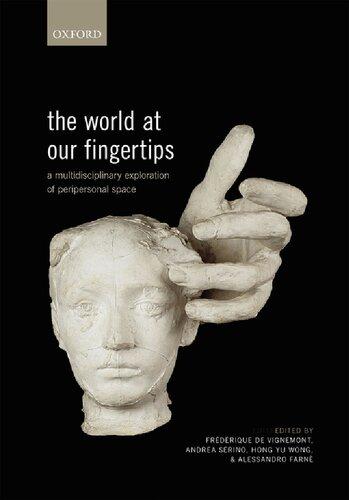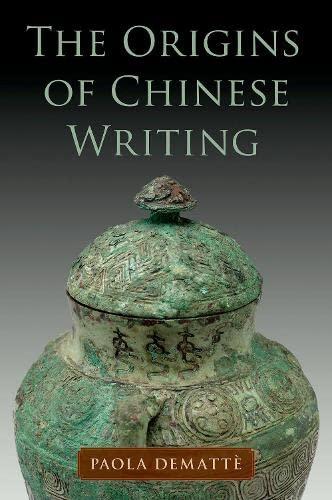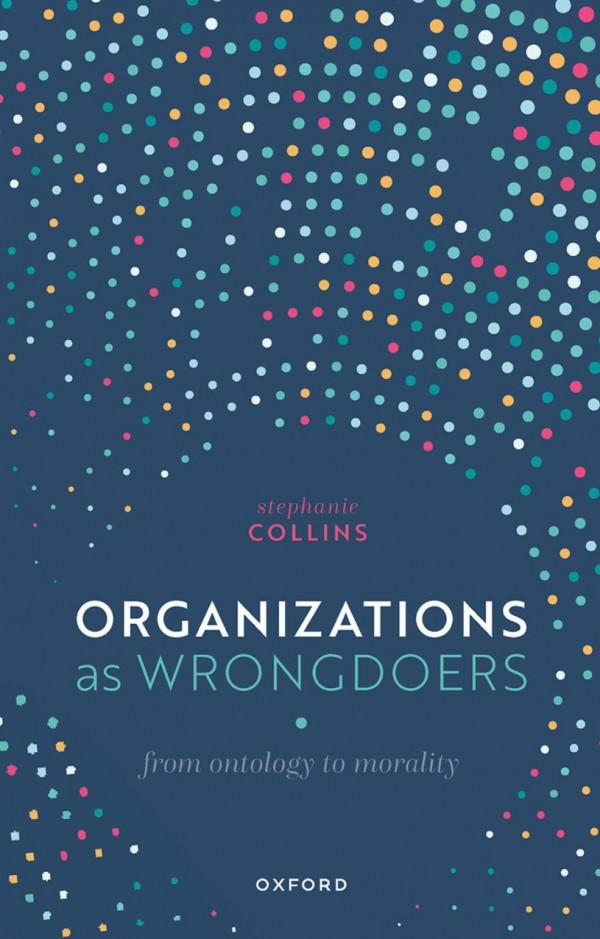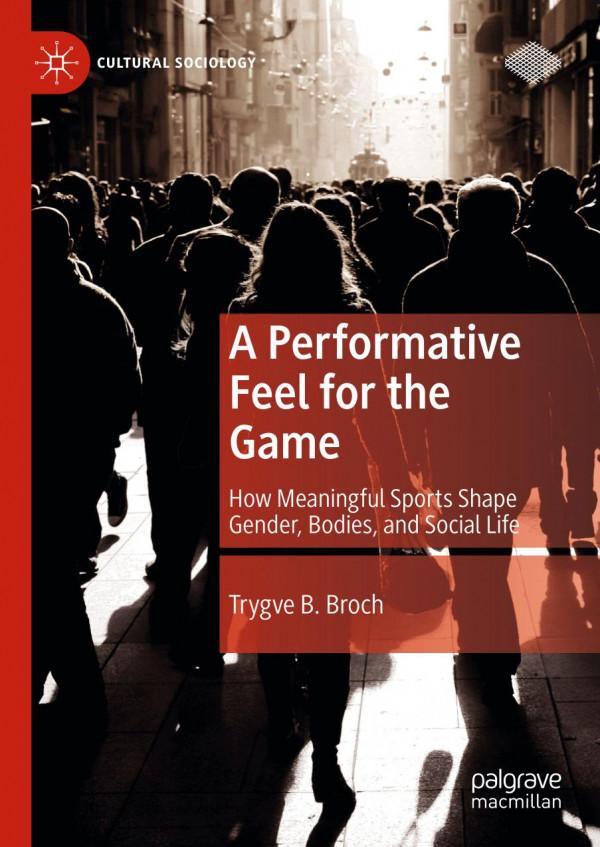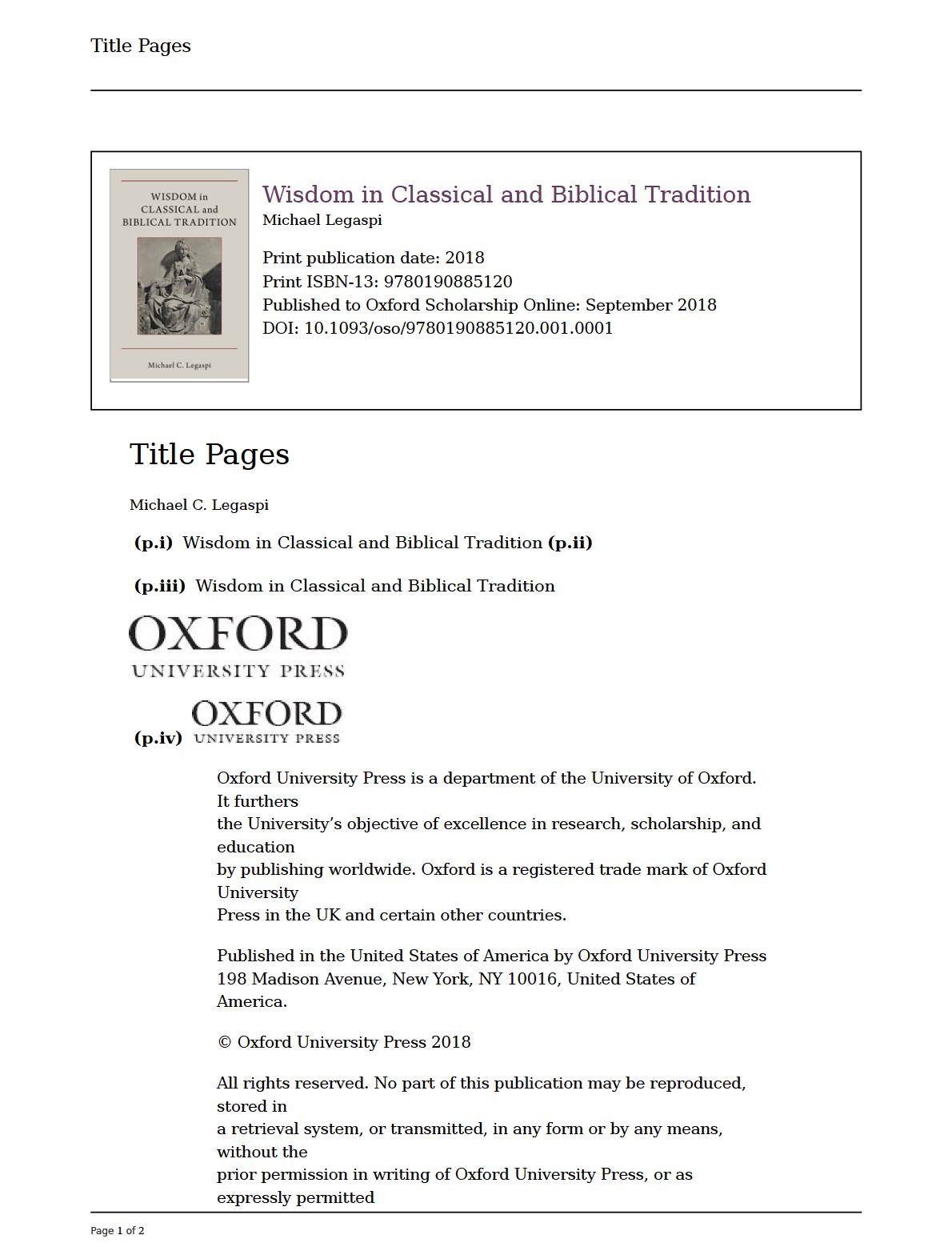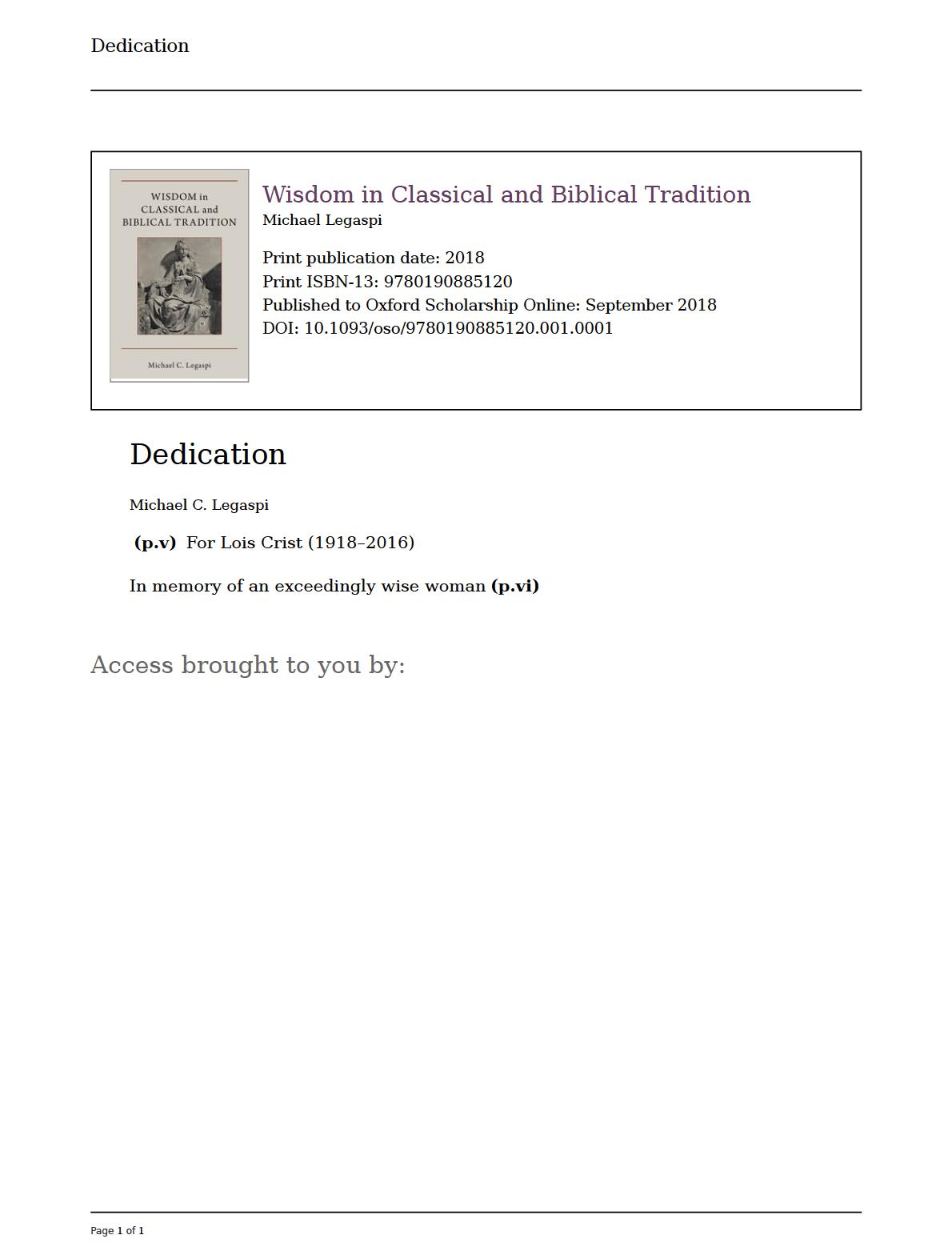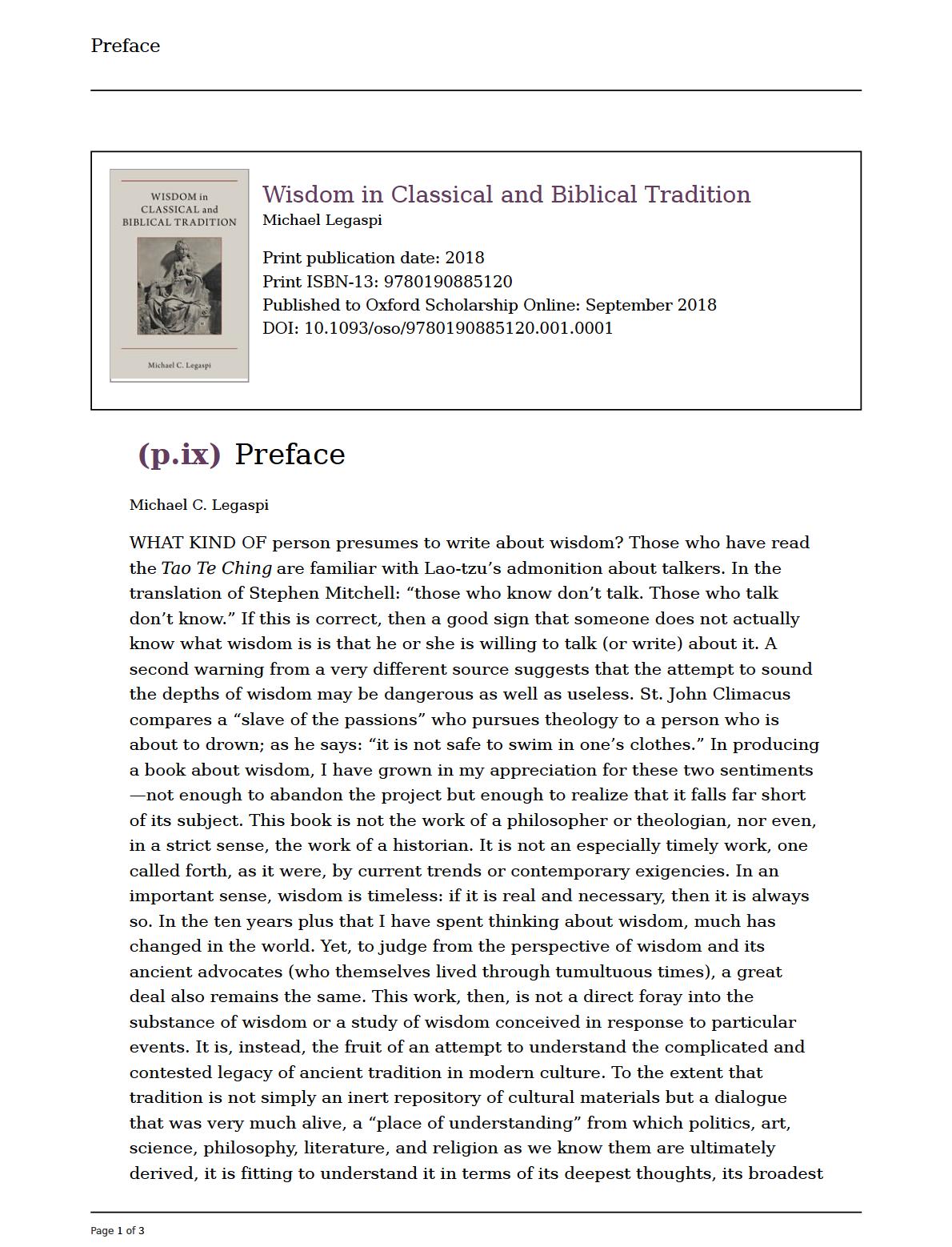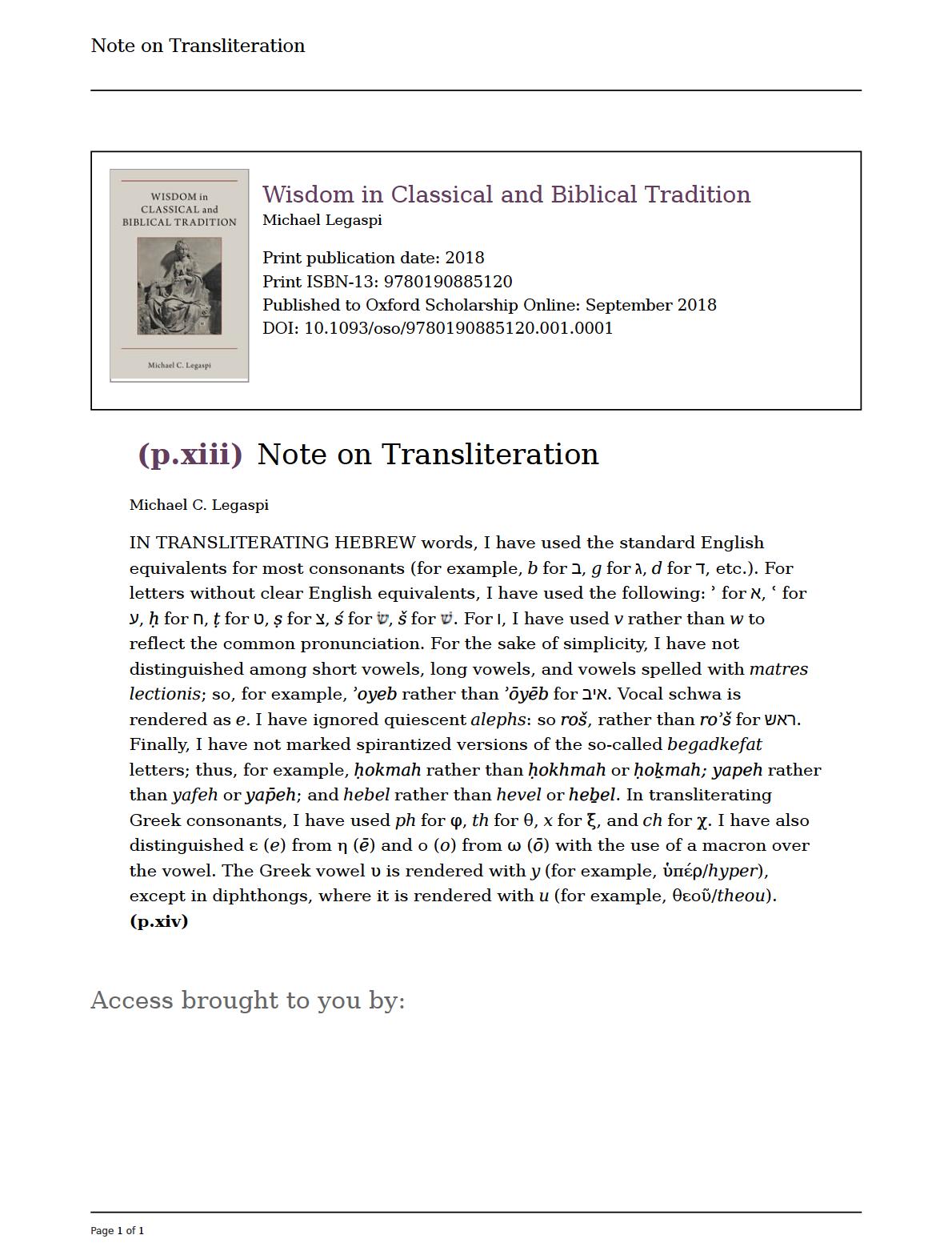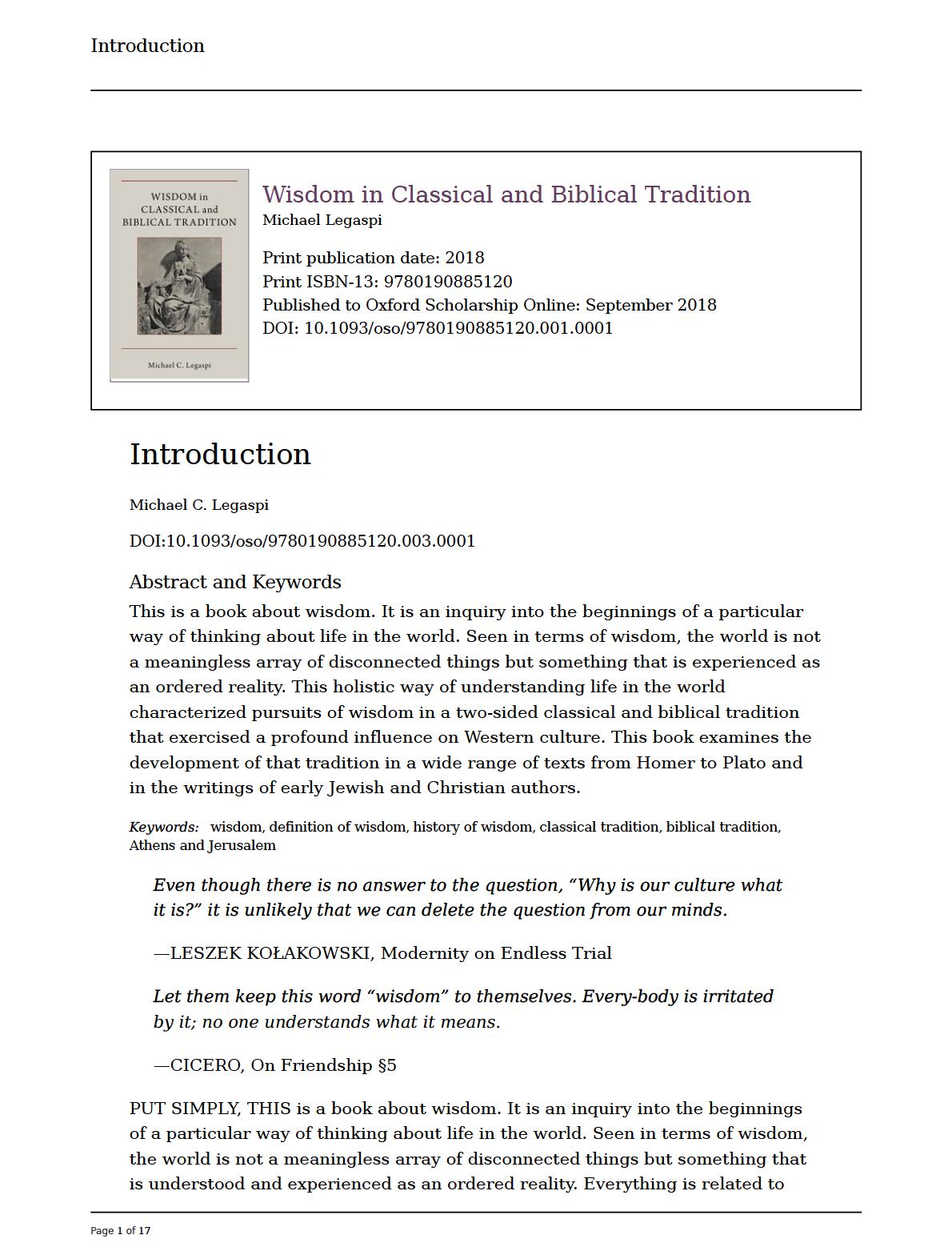A
Shape Gender, Bodies, and Social Life 1st ed. 2020 Edition
Trygve B. Broch
https://ebookmass.com/product/a-performative-feel-for-the-game-howmeaningful-sports-shape-gender-bodies-and-social-life-1sted-2020-edition-trygve-b-broch/ ebookmass.com
by law, by license, or under terms agreed with the appropriate reproduction rights organization. Inquiries concerning reproduction outside the scope of the above should be sent to the Rights Department, Oxford University Press, at the address above.
Unless otherwise indicated, scriptural quotations are from the New Revised Standard Version Bible, copyright © 1989 National Council of the Churches of Christ in the United States of America.
Used by permission. All rights reserved.
You must not circulate this work in any other form and you must impose this same condition on any acquirer.
CIP data is on file at the Library of Congress
ISBN 978–0–19–088512–0
1 3 5 7 9 8 6 4 2
Printed by Sheridan Books, Inc., United States of America
Access
brought to you by:
reaches, and its highest ambitions. In other words, it is fitting to inquire into its wisdom.
(p.x) I did not get very far in this endeavor before realizing that the traditional pursuit of wisdom took its distinctive shape, to a great degree, from ideas and perspectives identified with classical and biblical texts. Though the pairing of classical and biblical is a familiar one, a common trope in the study of Western civilization, it nevertheless bears asking why the two were held together over time in the way that they were. It may have been a historical accident, but it was not a historical necessity. A new look at old texts that have gone into the making of this remarkable synthesis shows that there is more to the pairing than simple, culturally expedient correlation. There is a deep affinity between the two, a tensive and dynamic relation that resists easy characterization. To describe them as opposites in a binary relation or as twins sharing a single view of the world would be to misrepresent what is certainly a richer and more complicated reality. I believe it is better to construe the relation dialectically and to try to hear in a fresh way some of the voices that animated the ancient conversation. Accordingly, the book aims more at thematic exposition than critical analysis (though the latter is, to some extent, unavoidable). The goal here is not to offer an apology for classical and biblical tradition as much as to understand its beginnings and in doing so to shed light on its spectral presence in modern culture. Related to this goal is the belief that it is possible (and valuable) to understand the tradition in terms of certain moral, intellectual, and religious aspirations. Others are surely more qualified than I am to describe the social, political, and material conditions for the development of a classical-biblical cultural synthesis in late antiquity. Instead of pursuing that kind of history, I have sought to present the tradition, one might say, ideologically—that is, in terms of what important texts and figures tell us about distinctive ways of looking at the world. Whether or not this is itself a wise undertaking, it is nevertheless the goal of this book.
I first began looking into wisdom some years ago as a researcher for the Defining Wisdom project, funded by the John Templeton Foundation and hosted at the University of Chicago. I gratefully acknowledge the support of this initiative and the opportunity to think with others about the concept of wisdom and its contemporary relevance. More recently, I benefited from support from Eric Hayot and the Center for Humanities and Information at Penn State University. They too have my sincere thanks. The University provided me with time and resources to work on the manuscript at various points over the last three years. I thank the College of Liberal Arts, the Department of Classics and Ancient Mediterranean Studies, and the Jewish Studies Program at Penn State for making my work possible. I would also like to thank Penn State colleagues for their help with various aspects of this project. (p.xi) Mark Munn took an interest in my work and cotaught a course with me on wisdom in the ancient world, an experience that proved very helpful. Aaron Rubin generously provided
help with philological and linguistic questions, despite a cordial and refreshing indifference to the formal study of wisdom. I thank Daniel Falk, Jonathan Brockopp, Mark Sentesy, Christopher Moore, and John Jasso for their collegiality and help in thinking about many things pertaining to the study of wisdom. Colleagues at other institutions have also provided help, encouragement, and opportunities to discuss and present aspects of this work. I thank Ann Blair, Rusty Reno, Walter Moberly, Janet Soskice, Will Kynes, Jennie Grillo, Michael Azar, and Darren Sarisky, as well as Gabriele Boccaccini and the Enoch Seminar. I owe my interest in the book of Job largely to Peter Machinist and the opportunity to serve as a teaching fellow for his legendary course on Job and the Joban tradition at Harvard. For this formative experience and much more, he has my deepest gratitude. Tom Hodgson contributed more to this study than he knows. Four years at his side taught me much about goodness, knowledge, and intellectual midwifery. He is living proof that Socratic wisdom exists today. I would also like to thank Cynthia Read at Oxford University Press once again for interest in and support of this work. The anonymous readers whom she found for the manuscript provided me with many helpful criticisms and suggestions, which I have incorporated into the present version. They too have my thanks.
Finally, I would like to thank my family. I am grateful to my parents, Luciano and Candelaria Legaspi, and to my father-in-law and mother-in-law, Bryan and Becci Crist, for unfailing love and innumerable kindnesses. Though research and writing exert a constant pull on my time and energies, I hope my children know that I would rather be with them than at my desk. They are a constant source of joy and satisfaction. The four of them correspond (perhaps not coincidentally) to my fourfold definition of wisdom: Josiah who considers the cosmic, Olivia whose work gives form to the metaphysical, Ana who embodies the ethical, and Cato who thrives on the social. They have my love and gratitude. My wife, Abby, has seen this entire project grow from a fleeting thought in 2007 to a fleeting volume many years later. I thank her for her patience, encouragement, love, and support throughout this period and in the many happy years leading up to it. She has done me the great honor of believing in me and in my work. Through Abby I came to know and admire her grandmother, Lois Crist, whose long and beautiful life remains a stronger testimony to wisdom than anything I will ever do or write. This book is dedicated, with love and appreciation, to her memory. May it be eternal. (p.xii)
Access brought to you by:
everything else such that “all” can be named in the singular: the cosmos, the world, the universe. What makes wisdom a difficult thing, however, is that the scope and nature of this totality are elusive. We have a difficult time articulating what unites the disparate realms of human concern that correspond to aspects of life in the world. We find it hard to say, for example, what exactly holds intellectual insight and moral commitment together, what (if anything) ties the pursuit of individual happiness to forms of religious satisfaction, and what consequences scientific knowledge of the world ought to have for specific ethical deliberations. Given this uncertainty, it is not surprising that wisdom is a word very often held in construct with nouns having to do with seeking: thus, the “search for wisdom,” the “quest for wisdom,” or the “pursuit of wisdom.”
Wisdom in the Western intellectual tradition contains two elements. It includes the belief that life in the world is, in some sense, a meaningful totality. That the word “wisdom” has taken on a somewhat antique, musty air in modern culture is perhaps one index of the decline in our collective (p.2) ability and willingness to articulate the wholeness of understanding to which wisdom classically aspires. Yet whether wisdom is named or not, the contemporary search for meaningful connection between deeply held beliefs and hard-won knowledge, or between questions of social and political order and fundamental moral commitments, indicates that something of the old quest for wisdom is still with us. Whether one considers the allure that a “theory of everything” has for modern physicists, or whether one regards William Butler Yeats’s dark premonition that the cultural “centre cannot hold,” one sees that the specter of unitary thinking haunts the modern moral and scientific imaginations. Second, wisdom as we commonly conceive it concerns action as well as belief. It is animated specifically by the notion that life’s meaning can be sought and (at least partially) discerned by humans who pursue it correctly. Once gained, wisdom functions as a guide for living well and preserving the good life over time. It is thus not surprising that modern environmental movements, for example, have found wisdom language to be congenial to the cultivation and promotion of “sustainable” forms of life.
Despite the fact that wisdom remains an influential cultural component, we are uncertain about what it is and how it works. We are unsure, too, whether (or to what extent) advocating a coherent intellectual-ethical program—a particular path to wisdom—might be incompatible with contemporary religious, cultural, and philosophical pluralisms. As the epigraph from Cicero shows, uncertainty, perplexity, and even an aversion to wisdom are not specifically modern attitudes. Doubts and questions surrounding wisdom are not entirely new. In order to shed light on these and other questions, it is necessary to see that wisdom has a history. To a great degree, our notions of wisdom are inherited ones, imprinted, as it were, by earlier attempts to frame the pursuits of knowledge, goodness, and happiness as a single, unitary endeavor. Historical perspective brings wisdom into view as a cultural attitude that is intellectually fruitful and ethically
compelling; yet it also shows that the pursuit of wisdom, for all of its appeal, was also attended by many of the epistemological and moral difficulties familiar to contemporary wisdom-seekers.
This book, then, is a study of wisdom that offers precisely this sort of historical perspective. It begins with the recognition that the roots of modern culture lie in ancient soil and, more specifically, in the dialectical relation between the legacies of ancient Greek civilization on the one hand and theological perspectives based on the Jewish and Christian scriptures on the other. Later periods—the late antique, medieval, and early modern—attest to the (p.3) fact that, despite essential differences, Greek philosophy and biblical interpretation formed a lasting cultural synthesis. Part of what made this synthesis possible was a shared outlook, a common aspiration toward wholeness of understanding that refuses to separate knowledge from goodness, piety from prosperity, virtue from happiness, cosmos from polis, divine authority from human responsibility. As that which names this wholeness, wisdom features prominently in both classical and biblical literatures as an ultimate good. If the “classical” and the “biblical” are indeed the “twin pillars” of Western culture as is commonly claimed, then wisdom is the subject and inspiration of the relief sculpture on the great frieze supported by the two. This book considers the basic elements of the composition we find there; it proposes to examine texts and figures that mark out its most salient features.
In doing so, this book enters a long-standing conversation about various aspects of the classical-biblical dialectic in Western culture. In many of the older treatments, the dialectic is characterized as an essentially competitive one. One of the more famous examples of this attitude is Matthew Arnold’s essay Culture and Anarchy, which appeared in 1869. Arnold writes of “Hebraism” and “Hellenism,” noting that they represent two fundamental human orientations and yet have the same “final aim,” namely, “man’s perfection or salvation.”1 What interests Arnold, though, is the fact that they present two alternative ways to reach this end. Arnold’s essay is an ode to the redemptive powers of Hellenism, its ability to embrace the full range of human abilities and thereby overcome the coarseness and narrowness of a society oriented primarily toward moral duty and a Hebraic “strictness of conscience.” With its love of reason and beauty, its “sweetness and light,” Hellenism perfects Hebraism by investing life “with a kind of aerial ease, clearness, and radiancy.”2 Arnold’s essay is a work of cultural criticism for which “Hebraism” and “Hellenism” were useful rhetorical devices, but even scholarly treatments have been animated by a sense that the classical and the biblical stood in a competitive relation to one another. Two works bearing the same title, Christianity and Classical Culture, illustrate the point.3 The first, a masterful study of the first four centuries of the Common Era byCharles Norris Cochrane (1957), is a historical account of the vicissitudes of the Christian church under Roman rule and in the decades following the conversion of Constantine. For Cochrane, the rise of the Roman Empire is
essentially a prelude to the triumph of the church. The empire that Augustus built is answered—and surpassed—by the kingdom that Augustine proclaims. The second is a work based on the Gifford Lectures presented by Jaroslav Pelikan at Aberdeen (1993). Responding to the observation that the “Christian (p.4) East” has no Augustine of its own, no singular “theological-philosophical genius” of virtuosic rank in the fourth century, Pelikan proposes to treat the Cappadocian fathers as an eastern analogue to Augustine.4 And just as Cochrane’s Augustine clinches the triumph of Christianity over pagan Rome, the Cappadocians carry off a successful transformation, a “metamorphosis” of natural theology in the Greek philosophical tradition. The rivalry of Christianity and classical culture, though more muted in Pelikan’s work, is nevertheless structurally significant.
In other works, however, one observes a rather different orientation. One striking feature of some of the more recent treatments is the emphasis placed not on a rivalry between the two but on what the two have in common. Attention paid to concepts, vocabulary, and perspectives in both classical and biblical sources brings them into view as distinctive voices, certainly, but also as voices within a single, shared cultural discourse. Why similarities have become salient in this way is difficult to say, but it may have something to do with our cultural position. Just as neighboring objects seem closer and more similar to one another the farther one moves away from them, so too do the ancient components of Western thought seem to us closer to one another and more alike the more distant we, as denizens of late- or post-modern culture, find ourselves from them. The pairing of classical and biblical is no longer fraught in the way that it was for those who viewed the two-sided tradition as presenting, in some sense, a set of live intellectual-ethical options. In older discussions of the classical and the biblical, as I have suggested, authors were much more sensitive to the contest of traditions, such that the choice between them seemed to be the central matter of concern. But some of the more recent treatments suggest that the significant contrast lies not between the classical and the biblical but between the classical-biblical and the modern.
For Christine Hayes, author of What’s Divine about Divine Law?, the classical and the biblical, taken together, structure and furnish an intellectual “inheritance” at the foundation of modern, Western debates concerning the nature and purpose of law.5 At the center of this inheritance is what Hayes characterizes as an opposition between a Greek conception of divine law— rational, truthful, universal, unchanging—and the biblical understanding of divine law as something rooted in God’s will, subject to written form, and “expressed in history rather than nature.”6 Over the course of the book, Hayes provides a rich and detailed map of “discourses” that address features of divine and human law in Greek, Roman, and biblical sources. Using these discourses as points of reference, Hayes explains how essential differences among Jewish interpreters like Philo, Paul, and the rabbis are ultimately intelligible in terms
(p.5) of the ways that each individual or group, aware of classical discourses, articulated the divinity or humanity of the Mosaic Torah. If one takes Hayes’s firm distinction between classical and biblical attitudes toward law in heuristic rather than strictly historical (or historiographic) terms, then the book offers, I believe, valuable insight into the ways that bearers of the biblical tradition exploited and responded to the tensive, binary character of law in the ancient world. The result, in each case, is a creative understanding of biblical law that not only is intelligible in “classical” categories but, as Hayes shows, is capable of challenging the very categories themselves. In this way, Hayes’s work opens a window on the internal dynamics of the classical-biblical tradition, through which parallel modern debates may also be fruitfully regarded. Though Hayes indeed poses a distinction between the classical and the biblical, she does so, specifically, in view of the fact that modern debates about law form the counterpart or continuation of a coherent, ancient discussion of law.
Recent works by Dariusz Karłowicz and Yoram Hazony argue in a similar vein that classical and the biblical authors are better understood in dialogue with one another, as participants in a common conversation rather than as representatives of irreconcilable personalities. In Socrates and Other Saints, Karłowicz argues that, despite reputations as champions of faith, Christian apologists like Tertullian never repudiated reason. They may have criticized philosophy, but “the relationship of Christianity to philosophy, and its relation to reason, are two entirely different things.”7 And provided one understands philosophy expansively, in Pierre Hadot’s sense, as a way of life rather than just a system of beliefs, one sees that pagan philosophers and their Christian counterparts relied on both faith and reason. Both groups insisted on the “need for conversion and spiritual transformation,” and both sought ways to order “lives, desires, habits, and limitations so that the act of conversion [would] last” and become a “stable disposition” of body and spirit.8 The classical and the biblical thus aim at the same thing, albeit in different ways. By titling his book The Philosophy of Hebrew Scripture, Hazony signals his claim that the Hebrew Bible deserves to be read in the way that ancient Greek texts are typically read: as works addressing the human capacity for reason rather than as a revelation that offers “miraculous knowledge” and “requires the suspension of the normal operation of our mental faculties.”9 In a programmatic, wide-ranging analysis of texts in the Hebrew Bible, Hazony argues that a putative reason-revelation distinction is alien to the Hebrew Bible (but, he argues, one nevertheless appropriate to the attitudes of Christians like Paul and Tertullian) and that the Hebrew scriptures should therefore be taken seriously as an internally diverse anthology engaging perennial questions in ethics, (p.6) political philosophy, epistemology, metaphysics, and philosophy of language. Hazony is not so much concerned to articulate a single and singular perspective (the philosophy of the Hebrew Bible) as to vindicate the Hebrew Bible’s character as an assemblage of genuinely philosophical writings (the philosophy contained in the Hebrew Bible).
According to Hazony, the polarities that we use to organize the foundational texts of Western culture—revelation versus reason, faith versus reason, religious versus secular—have prevented the Hebrew Bible from receiving its due as a serious contributor to our intellectual heritage. In this way, Hazony, like Karłowicz, attempts to soften the line between the classical and the biblical by assimilating the biblical, in important ways, to what we traditionally identify and prize within the classical.
For Rémi Brague, the coherence of ancient thought is not discerned primarily in its continuity with modern culture; its coherence is seen rather in its capacity to offer an alternative to it. In his stimulating book The Wisdom of the World, Brague turns to classical and biblical sources.10 He explicates their shared interest in cosmology in order to demonstrate the impoverishment of modern moral thought, which has severed the connection between human experience of the world and the wisdom by which humans live. To the ancients, the connection was strong and generative; to moderns, the nature both of the world and of human situatedness within it bears no connection to human moral aspiration. Brague charts the development of ancient and medieval understandings of the cosmos and the crucial roles that various cosmologies played in larger ethical and intellectual programs. Brague identifies in ancient thought four distinct ways of relating a particular cosmology to the wisdom by which humans, in light of this cosmology, are obligated to conduct their lives: the Platonic, the atomistic, the Abrahamic, and the Gnostic. Despite the fact that the four differ from one another in essential ways, Brague maintains that they “form a system” in which “the intrinsic ontological value of the world” is the touchstone for ethics and philosophical anthropology.11 This is, for Brague, an important observation precisely because modern culture, by contrast, draws no connection between moral philosophy and cosmic understanding; thus, “an entire aspect of man—namely, his presence in the world—remains lacking in ethical relevance . . . we can no longer determine what relationship there is between ethics and the fact that man is in the world.”12 Brague argues that modern refusal to acknowledge a “given” world ultimately dehumanizes us, giving rise at various points to an “outrageous idealism,” to perilous revolutionary and totalitarian schemes that consider natural limits to be “unbearable,” and to moral philosophy that turns human beings into denuded, Kantian rational agents or bare instances of Heideggerian Dasein.13 (p.7) In offering a “wisdom of the world,” Brague argues, the ancients offered a wisdom that, in being more worldly, was, at the same time, more human as well.
Of the works surveyed here, this book is most similar to Brague’s. Though it does not lay special emphasis on cosmology in the way that Brague’s work does, it resembles Brague’s in marking a contrast between the holism of ancient wisdom and the atomisms of modern thought. Some, however, may argue that the attempt to place the classical and the biblical together under a single “ancient” umbrella is wrongheaded. One recent work, for example, argues
against a synthetic understanding of ancient schools of thought.14 Whereas Brague sees a fruitful contrast between ancient and modern thought, Kavin Rowe is provoked by a different (though related) disjunction, one that ultimately prompts him to reject as futile all attempts to synthesize the classical and the biblical. In doing so, Rowe takes a highly principled stand not only against classical-biblical commonality as such but also against a mode of scholarship, rooted in the Enlightenment, that places commonalities (and differences) within the framework of an objective, progressively expanding, encyclopedic knowledge of human cultures. According to Rowe, who relies here on the work of Alasdair MacIntyre, the modern encyclopedic endeavor reflects the conceit that individuals who possess “the translucifying power of scholarly reason” can produce general knowledge about ancient religions and philosophies while abstaining from the conflicts about which they write.15 Despite the fact that the positivistic model of scholarly objectivity on which encyclopedic inquiry is based has long since been discredited, Rowe argues, scholars continue to treat ancient cultures, philosophies, and religions as sources of data to fill out purportedly universal categories. What this approach to the ancient world fails to recognize is that particular practices and beliefs coinhere within distinctive forms of life, according to distinctive, historically situated rationalities. In sharp contrast to encyclopedic inquiry, then, Rowe endorses a form of understanding that acknowledges the deep incommensurability of ways of life, respecting them as “rival traditions” that make exclusive claims on people’s loyalties. Each tradition is “an existentially structuring pattern, a trajectory of living the one and only life we can live in the midst of time.”16 One does not understand traditions, then, by eliciting from them formal answers to generic questions that one poses to them second- or third-hand. Traditions are wagers that one chooses to make with one’s “one and only life.” To the extent that Christianity, for example, demands one’s whole life, it is the one who wagers Christianly who understands what the Christian wager is, what it ultimately involves.
(p.8) By speaking of early Christianity and stoicism as rival traditions in this specific sense, Rowe does justice to a key feature of many religions or philosophies in the ancient world: namely, the exclusive claim to truth. Rowe’s argument ought to give pause to anyone seeking to arrange ancient traditions on a smorgasbord for modern intellectual or cultural consumption. For when traditions appear in that setting or in that form, they do so only as scholarly objects and not, as proponents of the tradition insist they are, serious calls to change one’s life. Because scholarly analysis does not engage Stoicism or Christianity as a summons to a different kind of life, it runs, in a sense, perpendicular to them. Scholars create from living traditions lifeless facsimiles that are useful, perhaps, in the modern project of cultural replenishment but unhelpful in coming to terms with traditions as they understand and present themselves. As Rowe demonstrates, the knowledge that one gains from them apart from personal commitment is not enhanced by “objectivity” but rather
distorted by it. This is because the disengaged knower is forced to make sense of things that are fully intelligible only and precisely when one is existentially engaged with that tradition. As Stephen Prickett has astutely noted, “to study any tradition is inevitably to place oneself in relation to it.”17 In my judgment, Rowe is correct to criticize studies of ancient religion or philosophy that take for granted what the ancients themselves denied: namely, that knowledge may be separated from life. To the extent that lived traditions unify all that we associate with them, any attempt to isolate elements of traditions and equate them with other things (in order to argue for historical influence, for example, or to demonstrate a certain conceptual identity) risks distortion and superficiality.
As cogent as Rowe’s criticism is on this score, matters become more difficult when we consider what, in Rowe’s treatment, counts as a tradition. Following MacIntyre, Rowe defines a tradition (or tradition of inquiry) as a “morally grained, historically situated rationality, a way of asking and answering questions that is inescapably tied to the inculcation of habits in the life of the knower and to the community that originates and stewards the craft of inquiry through time.” Christianity and Stoicism, he adds, qualify as “traditions” in this sense.18 The trouble comes in specifying the scope of a tradition so defined. With some two thousand years of history and over two billion living adherents, Christianity, for example, surely contains within it forms of life that have functioned or continue to function as discrete, irreducible traditions. The long history of Christian conflict and division today and in the past bears witness to this. To point this out is not to deny that Christianity counts as a tradition but to raise the possibility that the concept of tradition is, so to speak, scalable; it is to suggest that traditions may exist (p.9) within larger traditionary configurations. Put differently, to use the lens of “tradition,” one must still decide at what level of magnification, wide-angle, close-up, or something in between, to focus the lens. Employed at a certain distance—in Rowe’s case, certain parts of the Roman Empire in the decades spanning the first and second centuries—the lens of tradition indeed brings Christianity and Stoicism into focus as “rivals.” But it is possible, in my view, to “zoom out” and discern the parameters of a larger tradition that includes, among other things, the study, preservation, and intensive reading of both classical and biblical texts over several centuries. Western intellectual culture from Socrates to Aquinas, as both MacIntyre and Rowe allow, constituted a tradition.19 From the late antique to the early modern period, Western societies played host to a classical-biblical tradition of inquiry that was indeed morally grained, historically situated, tied to personal virtue, identified with intellectual craft, and carefully stewarded over time.20 Though it is beyond the scope of this book to chart the later history of this tradition, it will suffice to note that cultural ideals connected to the study of old texts retain at least a vestigial presence in the modern academy.21 It is the persistence of this Western intellectual tradition, I believe, that makes it possible to understand the classical and the biblical in meaningful relation to one
another. It is also what enables Rowe, a Christian, to write insightfully and reliably about Stoicism. If tradition indeed worked in the inflexible and atomistic way that Rowe argues it does, he would have nothing valuable to say about Stoicism. Consistency demands this conclusion, and Rowe indeed offers the startling confession that he is “unable to understand certain Stoic things—perhaps even central patterns of reasoning” because he is “a Christian who reads as a Christian.”22 Yet, in spite of this intellectually honest concession, it is clear that Rowe understands Stoicism well enough at least to discuss it as a rival tradition to Christianity (or else the central argument of his book fails). It is precisely because modern scholarship is part of a tradition that bears the imprint of sustained engagement with the classical and the biblical together that Rowe and others are able to address contemporary questions to ancient texts in this way.
The tradition in view in this book, then, is one at the roots of Western intellectual culture. It is a two-sided tradition staked on Greek civilization on the one hand and Judaism and Christianity on the other. That there are, in fact, more than two “sides” or traditionary streams within the larger set of developments designated by the term “Western thought” or “Western culture” is, I think, obvious. “Twosidedness,” then, is not a bare factual description of texts from the ancient Mediterranean world but a specific, deliberate (p.10) way of organizing them. The terms I use here to indicate two-sidedness, namely, “classical” and “biblical,” are not neutral, self-evident designations. Rather, they are words that reflect long and complex processes of canon formation and cultural consolidation that stretch from Greece’s classical period to the era of the Hellenistic kingdoms and into the Roman imperial age, late antiquity, the Middle Ages, and beyond. To a significant degree, the meanings of “classical” and “biblical” remain fluid, problematic, and opaque even today.23 It also bears remembering that the dualism arises primarily from the “Jerusalem” side of Tertullian’s Athens-Jerusalem binary. That is, the dualism reflects the perspective of early Jews and Christians, for whom pagan writings constituted a kind of problematic, theological “other” outside the bounds of God’s covenantal dealings with Israel and (secondarily) with the lowly and despised people who first received the Christian message.24 The dialectic, first visible in the writings of (Alexandrian) Hellenistic Jews like Aristobulus, Philo, and the author of the Letter of Aristeas, took on a new form in the work of second-century Christian apologists like Tertullian and Justin Martyr. It featured prominently in the thought of Augustine in the fourth century and was formalized into a classicalbiblical educational program by Boethius in the declining days of the western Roman Empire. A slightly later figure, Cassiodorus, famously referred in 580 to the combination of classical learning and Christian theology as a single “braid” woven from ancient tradition.25 Guy Stroumsa offers a similar image when he refers to the intertwining of biblical writings (the Old and New Testaments) and the remnants of Greek and Latin culture in late antiquity as a “double helix” at the core of “European medieval and early modern culture.”26
That there is sufficient historical warrant for speaking of a “classical and biblical tradition” is, I hope, clear. To the extent that it is indeed a tradition, Rowe’s observations concerning the incommensurability of traditions are pertinent. A tradition, he argues, is a whole-life proposition, an entire “pattern of being in the world” that is “to be taken whole or not at all.”27 What Rowe does not explain is how he (or MacIntyre) has come to understand that this is in fact what a tradition is. If there is indeed no Archimedean point from which to describe cultural phenomena in encyclopedic fashion, no single, self-evident rationality by which to understand life and thought, then all analytic categories—including the category of “tradition”—must come from somewhere. In other words, Rowe’s concept of tradition is not a given. I propose that Rowe’s way of thinking about Christianity and Stoicism as traditions is itself the product of tradition. More specifically, it is a way of thinking about human ethical and intellectual life that has come down to us as a legacy, very (p.11) specifically, of the two-sided classical-biblical discourse. To study the history of Greek philosophy or the rich variety of Judaisms in the Second Temple period is to understand that there were a number of competing proposals for how people ought to live their lives. Yet it is also to see that what allows discrete ways of life to rival or compete with one another is that each vies to occupy the same existential space in the life of the individual and the community. Proposals are incommensurable. The important point here, though, is that the incommensurability of proposals presupposes formal similarity (a common shape) at the same time that it manifests material differences (disagreements about how to fill the shape in). To see one’s whole life as a response to a whole-life proposition and to live according to an irreducible set of beliefs, practices, and dispositions that corresponds to one’s rightful place in the world—these are customary expectations that give traditions within the larger classical and biblical tradition their basic form.
This is where wisdom comes in. In seeking to identify the correct “pattern of being in the world” or the ideal “trajectory of living the one and only life we can live,” classical and biblical authors did not aim at “tradition.” They aimed at wisdom. Wisdom thus names the coherence by which human life is best lived. Accordingly, this book has two central aims. The first is to explain in formal terms what wisdom is. As I have intimated, what makes wisdom difficult to analyze is its scope. Though it involves matters of practical judgment affecting the life of the individual and the social sphere, it has also been identified with an understanding of the world and of ultimate realities that frame, direct, and give meaning to human thought and action. In addition to knowing what to do, the wise person also knows why a specific course of action ultimately makes moral and rational sense, why it “fits” the particular world that we inhabit. What I propose, then, is to explain how, in its traditional form, wisdom was understood to unify and govern a variety of endeavors: intellectual, social, and ethical. Put in slightly different terms, wisdom is a program for human flourishing that is
ordered to a holistic, authoritative account of reality in its metaphysical, cosmic, political, and ethical dimensions. Equipped with a four-dimensional account of the form of wisdom, I pursue a second aim: to examine, in a substantive way, figures and texts that have yielded and shaped the traditional understanding of wisdom. To the extent that this book offers something distinctive, it does so by using this formal description of wisdom to illuminate the discourse at the heart of the classical-biblical dialectic in Western culture.
Homer, the subject of chapter1, is the starting point. The writings of Homer were an important source of wisdom in antiquity. This chapter (p.12) examines books 1 and 2 of the Iliad and significant portions of the Odyssey with a view to understanding how the epics’ presentation of heroes ultimately portrays wisdom as something by which character, intellect, and piety are coordinated to yield a worthy, satisfying form of life. In chapter2, I turn to the Hebrew Bible. Alongside the Homeric corpus, the Hebrew Bible must be counted as a foundational anthology in the history of wisdom. This chapter looks specifically at Genesis 1–3, select portions of Proverbs, and Ecclesiastes in order to show how wisdom in the Bible is explicated as a guide to life that, in light of historical and existential realities, replaces knowledge as the most appropriate form of human understanding. Chapter3takes up the book of Job. This chapter offers a fresh reading of Job, arguing that personal integrity (Heb. tummah) and cosmic “fit” are crucial to the book’s distinctive presentation of wisdom. What emerges from this reading of Job is a profound vindication of piety, subjectivity, and personhood as components of wisdom. Socrates, the greatest exemplar of wisdom in classical antiquity, is the subject of chapter4. This chapter examines a selection of Platonic dialogues (Ion, Euthyphro, Apology, Gorgias) and argues that the famous “negative” understanding of wisdom identified with Socrates (i.e., wisdom is knowing that one does not know) should be understood with reference to Socrates’s particular notion of piety, such that wisdom is staked (as in Job’s case) on a form of integrity that allows humans to withstand insuperable deficiencies in knowledge.
Chapter5begins with a concise summary of wisdom as presented in the writings of Plato and Aristotle. Their influential writings on wisdom connected it to knowledge and virtue in ways that biblical writings did not, yet, as this chapter shows, their emphasis on wisdom as a form of ruling knowledge encouraged later figures like Theophrastus and Hecataeus of Abdera to “nationalize” wisdom, to treat it as something that belongs not only to individuals but also to cultures, societies, and groups of people such as the Jews. Chapter6turns to Hellenistic Jewish writings. Jewish writers appropriated the Greek wisdom discourse in new attempts to explain and commend the Jewish way of life. This chapter examines the fragmentary writings of Aristobulus and what became the period’s most influential text, the Wisdom of Solomon. It argues (against certain scholarly opinions) that Aristobulus and the author of the Wisdom of Solomon did not “Hellenize” Judaism by making it “universal”; they claimed instead that
Judaism was the fulfillment of Greek attitudes already attuned to the pious and nationally particular character of wisdom. Chapter7turns, finally, to Christian tradition and the texts of the New Testament. In contrast to familiar treatments of New Testament wisdom that focus on attempts by New Testament authors (p. 13) to portray Jesus as the embodiment of wisdom, this chapter focuses on the prominence of the newly formed Christian collective as the venue for a kind of antiwisdom that unifies human and divine life in ways that are opposed but analogous to earlier classical and biblical versions of wisdom. The conclusion draws together the various portraits of wisdom presented in the book’s seven main chapters, revisits the distinction between classical and biblical, and considers briefly the modern legacy of wisdom’s textual foundations.
Classical and biblical authors attempted to coordinate wisdom’s four realms of concern. That they did this in diverse ways virtually goes without saying. The book surveys a range of wisdom accounts arising from foundational texts that extend in time from the period of Homer to the destruction of the Second Temple. Surveys of this type must strike a balance between schematization and exposition. When overdone, schematization creates frameworks or taxonomies marked by artificiality and oversimplification. On the other hand, some schematization is necessary to prevent the exposition of texts from degenerating into a pointless restatement of their contents. In addition to the fourfold definition of wisdom provided above, the book attends to a set of common themes that give wisdom in classical and biblical tradition a distinctive shape: (1) holism, or the refusal to isolate knowledge from life; (2) personhood as an achievement marked by integrity, self-mastery, rationality, and responsibility; (3) metaphysical vulnerability as the inescapable condition out of which wisdom arises; (4) wisdom as a counterpart to knowledge, especially when knowledge is unavailable; (5) wisdom as something that is socially distributed and nationally particular; (6) happiness or blessedness as the aim of a wise life; and (7) the central importance of piety to wisdom. Though I have applied a formal definition of wisdom to both classical and biblical texts and noted some themes common to both, I do not seek to harmonize them. That is, I do not mean to say that both sides of the tradition ultimately converge on a single, substantive account of wisdom. Nor am I arguing that one can pare away superficial differences and arrive at a single essential wisdom at the core of classical and biblical texts. Rowe’s points about the incommensurability of discrete traditions are well taken. For instance, with reference to the theme of “piety” noted above, it is important to respect the fact that the same word can denote different things for different authors. Theos meant something quite different to Paul and to Aristotle. The fact that they both use this word does not mean that one is safe in identifying Aristotle’s conception of divinity (or piety) with Paul’s. On the other hand, the use of similar (Greek) vocabulary—not only with respect to God but also to a larger set of philosophical considerations related to wisdom—is not a (p.14) trivial phenomenon. Though I believe that harmonization is
wrongheaded, I maintain that the distinctive and incommensurable forms of life that make up the larger “classical and biblical” category can nevertheless be lived by adherents in ways that evince shared, formal characteristics: in this case, the identification of wisdom with knowledge of what properly belongs to the divine realm. Moreover, the historical career of these “braided” traditions shows that they were often upheld and preserved self-consciously, that is, in full awareness of a similar but different “other.” This awareness is the source of a creative tension that is resolved in ways that ultimately furnish the materials of the classical and biblical tradition.
The themes listed above are not found equally or in all chapters; others not listed above also emerge within specific discussions. In this book, I have adopted an approach that tilts more toward the expositional than the schematic. Though I have sought to keep the formal characteristics and thematic elements of wisdom in constant view, I also thought it important and necessary to allow the overall thrust of ancient works to shape an understanding of their contributions to the broader classical-biblical wisdom discourse. My method, then, has been to select texts and figures that have been influential in the development of wisdom thought and then to discuss these in ways that evince their central themes, rather than attend narrowly to features that correspond to a preconceived notion of what does and does not belong to wisdom. Though tightly controlled forms of analysis can be valuable, there is also something to be said for a more capacious, expositional approach that trusts the reader to see important connections. In the case of something as large and labile as wisdom, an expositional approach that respects the rich and diverse backgrounds for ancient portrayals of wisdom seemed appropriate.
The durable, synthetic character of wisdom as something that belongs, in modern retrospective, both to “Athens” and to “Jerusalem” warrants a very specific type of treatment. Academic convention generally requires scholars to restrict their work to specialized topics. Such a narrowing facilitates thoroughness and comprehensiveness. In this case, though, the cost of restricting a study of wisdom to a smaller range of materials is a loss of the broader perspective demanded by wisdom itself. To understand how one text portrays wisdom, it is necessary to recreate the larger context in which such a portrait became culturally useful. To focus only on “Athens” or only on “Jerusalem” would be to reproduce existing approaches and miss the dynamism, the two-sidedness, inherent in Western culture’s distinctive pursuit of wisdom. For this reason, this book is a deliberately capacious inquiry into the topic of wisdom. Though it attends to terminological issues involved in discussions of (p. 15) wisdom, it is not merely a lexicographic study, one organized around a particular wisdom word or set of words. The noun sophia (or sophiē), for example, appears only once in Homer’s epics (Il. 15.412) and not at all in the Gospel of John or in the Greek version of Genesis 1–3. Yet there is no denying the importance of these texts for the study of wisdom in Western thought. Thus,
the range of materials necessary to a study of this sort cannot be determined by the use of specific terms. This book also does not adopt a form-critical or literary-critical approach. It does not explicate in formal terms the sapiential properties of Homeric epic or Platonic dialogue. Nor does it examine wisdom in connection with purported genres like the so-called Wisdom literature of the ancient Near East. As is well known, such studies have grown numerous enough to constitute a large subfield of biblical studies. As Will Kynes has persuasively demonstrated, however, even after more than a century of research into the “Wisdom literature” of Israel and its Near Eastern neighbors, the category remains circular and ill-defined.28 To understand how and why this is so, one must understand the modern study of biblical “Wisdom literature” in terms of its own story.29 The nineteenth-century turn to ancient Near Eastern sources for examples and parallels of biblical “wisdom texts” was, in some ways, an extension of a comparative project that has its roots in early modern classicalbiblical erudition; in other ways, though, it was a replacement for it. As the goal of this book is to “hear” biblical writings in dialogue with classical ones, it does not consult or reproduce the kind of ancient Near Eastern contextualizations that have occupied modern specialists in Wisdom literature. Though this book draws on the work of classicists and biblical scholars, it does not approach wisdom as a specific lexeme, literary genre, or scribal institution, but rather as a program for life.
In light of the convergence of the classical and the biblical in Western culture, it is crucial to keep in view the unity that arose from diversity. What the book offers, then, is a balanced presentation of ancient wisdom as generating a discourse at once internally variegated and formally coherent. It was this combination of sameness and difference that yielded the dynamic, at times unstable, account of wisdom that was renovated in the early modern period, reconstructed in the Enlightenment, and radically reevaluated in the nineteenth and twentieth centuries. By understanding traditional wisdom appropriately, we are able to see in later figures the enduring shape of antiquity’s distinctive, classical-biblical pursuit of wisdom—from the scholastics of the medieval period to polymaths in the Republic of Letters. Attention to the legacy of wisdom also captures something important, I believe, about later developments connected to, for example, the Enlightenment, the rise (p.16) of Romanticism, and the parsimonious program of analytic philosophy, to name only a few. And what, finally, is Nietzsche if not a sage shaped by his encounter with the mainsprings of classical and biblical tradition? Though the modern story is not part of the account offered in this book, the modern fate of wisdom serves as a background for this attempt to revisit its beginnings. It takes its bearings from the way in which ancient texts characterized wisdom and contributed thereby to a cultural discourse that transcended discrete literary genres and extended well beyond the biblical period. It aims to show how wisdom was presented in a variety of foundational texts. In this respect, this study is more akin to a philosophical or
intellectual-historical examination of wisdom—one that is backgrounded by the centrality of wisdom to a specific, deeply persistent cultural attitude. It is offered in the hope that a new look at some old texts will be useful, not in rehabilitating wisdom (no one book can do this) but rather in showing why, even after a long and troubled history, wisdom has proven so difficult to leave behind.
Notes:
(1.)Matthew Arnold, Culture and Anarchy, ed. Samuel Lipman (New Haven: Yale University Press, 1994) , 87.
(2.)Ibid., 90.
(3.)Charles Norris Cochrane, Christianity and Classical Culture: A Study of Thought and Action from Augustus to Augustine (New York: Oxford University Press, 1957);Jaroslav Pelikan, Christianity and Classical Culture: The Metamorphosis of Natural Theology in the Christian Encounter with Hellenism (New Haven: Yale University Press, 1993).
(4.)Pelikan, Christianity and Classical Culture, 6.
(5.)Christine Hayes, What’s Divine about Divine Law? Early Perspectives (Princeton: Princeton University Press, 2015) , 1.
(6.)Ibid., 2.
(7.)Dariusz Karłowicz, Socrates and Other Saints: Early Christian Understandings of Reason and Philosophy, trans. Artur Sebastian Rosman (Eugene, OR: Cascade, 2017) , 13.
(8.)Ibid., 13, 58.
(9.)Yoram Hazony, The Philosophy of Hebrew Scripture (Cambridge: Cambridge University Press, 2012), 1.
(10.)Rémi Brague, The Wisdom of the World: The Human Experience of the Universe in Western Thought, trans. Teresa Lavender Fagan (Chicago: University of Chicago Press, 2003).
(11.)Ibid., 70.
(12.)Ibid., 218.
(13.)Ibid., 220, 225–227.
(14.)C. Kavin Rowe, One True Life: The Stoics and Early Christians as Rival Traditions (New Haven: Yale University Press, 2016)
(15.)Ibid., 175.
(16.)Ibid., 6.
(17.)Stephen Prickett, Modernity and the Reinvention of Tradition: Backing into the Future (Cambridge: Cambridge University Press, 2009), 238.
(18.)Rowe, One True Life, 184.
(19.)Ibid.
(20.) The burden of this book is to illuminate the ethical and intellectual contours of this tradition with respect to foundational texts. Subsequent chapters will argue that the classical and biblical tradition has a distinctive shape and coherence.
(21.) On this, seeJames Turner, Philology: The Forgotten Origins of the Modern Humanities (Princeton: Princeton University Press, 2014).
(22.)Rowe, One True Life, 205.
(23.) See for example the incisive essay ofJames I. Porter, “What Is ‘Classical’ about Classical Antiquity?,” in James I. Porter, ed., Classical Pasts: The Classical Traditions of Greece and Rome (Princeton: Princeton University Press, 2006), 1–65.On the development of “biblical” authority within early Judaism and Christianity, seeMichael Satlow, How the Bible Became Holy (New Haven: Yale University Press, 2014).
(24.) That there were pagan philosophers conscious of Jewish and Christian claims—figures like Celsus, Porphyry, and the emperor Julian—indicates that “Jerusalem” exerted a certain pressure on “Athens.” But this phenomenon is a secondary response to the apologetic efforts of Christians and Jews who criticized pagan philosophy.
(25.) Preface to De orthographia, cited inPrickett, Modernity and the Reinvention of Tradition, 2.
(26.)Guy Stroumsa, “The Christian Hermeneutical Revolution and Its Double Helix,” in L. V. Rutgers, P. W. Van der Horst, H. W. Havelaar, and L. Teugels, eds., The Use of Sacred Books in the Ancient World (Leuven: Peeters, 1998), 9–28; 28.
(27.)Rowe, One True Life, 244.
(28.) SeeWill Kynes, “The Modern Scholarly Wisdom Tradition and the Threat of Pan-sapientialism: A Case Report,” in Mark R. Sneed, ed., Was There a Wisdom Tradition? New Prospects in Israelite Wisdom Studies (Atlanta: SBL Press, 2015), 11–38.
(29.) SeeWill Kynes, “The Nineteenth-Century Beginnings of ‘Wisdom Literature,’ and Its Twenty-First-Century End?,” in John Jarick, ed., Perspectives on Israelite Wisdom: Proceedings of the Oxford Old Testament Seminar (London: T & T Clark, 2015), 83–108.
Access brought to you by:

and power. They are superior beings who belong to a superior realm. From their “higher” position, the gods see and affect human life in ways that humans cannot, and in a manner that humans, for the most part, struggle even to understand. The presence of the gods as powerful personalities and sources of knowledge who live above the fray of human life but who nevertheless take an interest in it must be the starting point for any examination of wisdom and knowledge in the Homeric epics. In the Iliad and the Odyssey, the gods appear to be everywhere, intervening in affairs in a variety of ways: sending the odd bolt from the blue, kicking up winds and storms at sea, altering states of mind, helping heroic offspring in the heat of battle, or, indeed, taking the field themselves to fight with men. They are essential to what takes place in the poems, sharing the story with heroic figures and influencing events by their favor and disfavor, affection and anger, compassion and disdain. Important as they are to the narrative, they are perhaps even more crucial to understanding Homer’s moral and metaphysical universe, what might be called the “symbolic world” of the epics. The question here is not simply who the gods are or what they do, but rather how they fit into a larger conception of the world. What significance does Homer’s hierarchic conception of (p.18) being have for the moral and intellectual dimensions of the epics—questions concerning knowledge, wisdom, and the quest to lead a worthy life?
If it seems inappropriate to address such questions to a primitive bard, then it should be remembered that Homer acquired a reputation very early on as a figure of great wisdom and authority. For the ancients, he was not merely, in Albert Lord’s famous formulation, a “singer of tales.” In book 10 of the Republic, Plato acknowledges Homer’s reputation as the “poet who educated Greece” and agrees that he is preeminent among poets and tragedians (606e–607a). Homer’s greatness was due in part to the primacy and scope of his achievement: to make the unknown gods known. According to Herodotus, Homer and Hesiod are to be credited with overcoming (somehow) a vast collective ignorance and conveying the names, genealogies, and characteristics of the gods (Hist. 2.53–54). It is not surprising, then, that Homer was regarded not only as “The Poet” but also, in time, as “The Theologian” (ho theologos).1 Given Homer’s cultural significance— his position as a theological authority and the creator of what became the foundational text of Greek culture—it is also not surprising that his two great poems have invited comparison with the Bible.2 Though the parallel works at a general level to indicate their status as authoritative texts that were continually transmitted by groups who revered them, it also yields another, more specific similarity. Both superseded other traditional materials and underwent long processes of codification and canonization that reflected changing cultural and political contexts. As a result, the Bible and the Homeric corpus became, in Margalit Finkelberg’s apt phrase, examples of a “manifold text, which carried within itself both the original message and its re-interpretation in the vein of later values.”3 And if Homer is compared specifically to the Christian Bible, then

